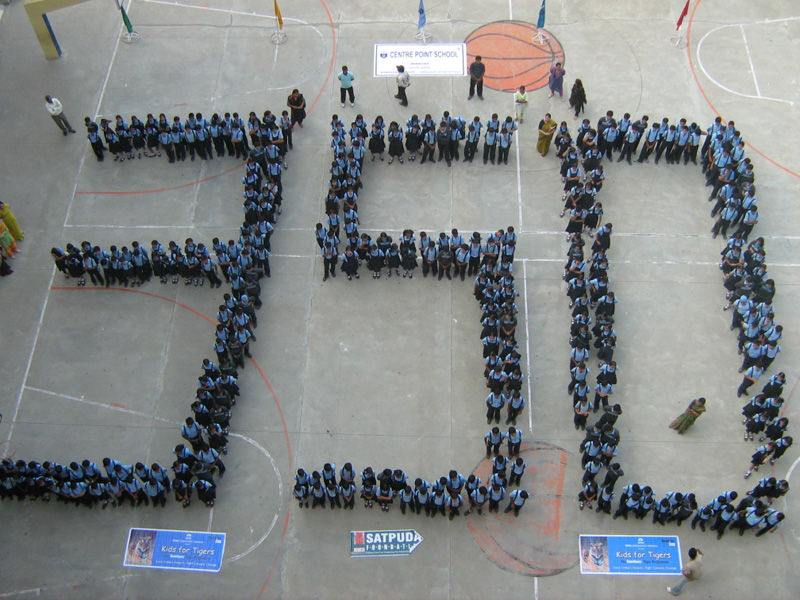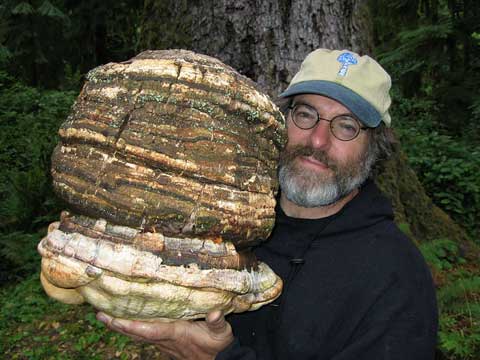Starting a campaign
Click here for the 12 basic guidelines (even if you've never campaigned before)
Letter writing
Letter writing is one of the most effective ways to make those with the power to bring about change pay attention and do so. And it doesn't always take stacks of post.
In 2003, while she was out shopping, Norwich-based solicitor Polly Morgan spotted a ‘MADE IN MYANMAR' tag in a Kookai blouse. Her single letter to the major fashion company, outlining her concerns that stocking Burmese goods helped to prop up Burma's illegal and oppressive military regime, led to Kookai withdrawing all their Burmese goods.
Top tips on writing an effective letter
• Be firm but polite. Your aim is to effect change, not vent your feelings.
• Write as though the recipient is open to reason and discussion.
• State what you want your addressee to do.
• Be accurate and don't exaggerate.
• Be brief - less than 300 words.
• Stick to one or two main points, plus a summary of the background and context.
• Keep it simple. Use plain language.
• If you're joining an organisation's campaign, make sure to align your request with theirs.
• If possible, connect your letter to a topic that recently appeared in the media and refer to it using the date, publication or programme and title, if applicable.
• Include your name and contact details.
• If contributing to a campaign, try to write your own letter rather than signing your name to an organisation's template letter.
• Keep the correspondence going. Change can be slow, so if you haven't been given the desired answer or change, write back again.
• If writing to an MP, encourage fellow constituents to do so too.
(By Lorna Lythgoe - first appeared in the Ecologist in April 2007)
Use the local media
‘Using the local media is absolutely vital to the success of a campaign,' says Dana Gloger, reporter for the Harlow Herald newspaper, who has covered several successful local campaigns. ‘It's great for people to know that they're not the only ones in that situation, that somebody else does care.'
Top tips on involving the media in your campaign:
• Know what goals you want to achieve, and who your target audience is.
• Be sure of your facts and figures.
• Approach local figures of influence, such as the Mayor or celebrities, for their support - the press love this.
• Find out the correct contact person and address them by name.
• Write a press release. Keep it short and lively to grab attention from the start.
• Quotes are useful, especially from known figures. Journalists will reproduce quotes faithfully, but may edit the rest of the press release.
• Omit jargon - it alienates the reader.
• Make sure information is supplied to the press in a clear, timely way. Know their deadlines - ring the news desk.
• Be available. ‘If the journalist can't get in touch with you when they need to, you will miss vital opportunities,' says Kevin Fitzgerald of the CPRE.
• Identify ‘hooks' - human interest stories, key dates and decisions, your successes, threats or opportunities, with relevant local facts and figures.
• Give plenty of notice of coming events.
• Build rapport with local journalists, who may often be glad of your help in explaining the finer points of an issue.
• For TV and radio, preparation is key. Know how long an interview will be, will it be live or recorded, who else will be interviewed and the line of questioning.
• Decide what you want to say, and say it first - then even if you say nothing else, you'll have made your point.
• Include a link (eg campaign website) to encourage people to get involved.
(By Rebecca Bole, first appeared in the Ecologist in May 2007)
Non-violent direct action
From the high-profile road protest movement of the 1990s to recent climate change demonstrations at Britain's airports, direct action is alive and very much kicking.
The objective of direct action is immediate and effective change; in some cases this involves civil disobedience which may be illegal. Applied intelligently and effectively, it can strengthen conventional campaigns. Renowned environmentalist Jonathon Porritt is a believer in direct action:
‘Historically, non-violent direct action has always played an important part in the UK environment movement, and, in my opinion, always will,' he says. ‘Those who claim this undermines the credibility of mainstream environmental organisations are plain wrong.'
Top tips on non-violent direct action
• Research is essential. You can motivate others if you are well informed, passionate and confident about the issues involved.
• Identify the objective of the action: whether it's dropping a banner overnight or attracting and maintaining national media coverage, show why your action is necessary, why now and what you aim to achieve.
• Plan well. Essentials include how many people will be involved, where and when the action will take place, what skills you have as a group and what materials are needed.
• Be prepared: it doesn't have to be illegal to be effective, but all participants must be comfortable with the potential outcomes of the action. Know your rights and which laws you may have breached. Keep a contact number for a legal aid solicitor.
• Network with other organisations or groups who may be able to support or even join your action.
• Training can also build confidence for larger actions or inexperienced members. Five minutes' practice with a length of PVC pipe and a karabiner (useful for locking arms together) can extend an occupation by several hours.
• Choose a plan and stick to it. Keep your cool and deal with all confrontations calmly. If possible, make your own video recording of the event for your records.
• Debriefing helps refine improvements for future actions. It is also a time to congratulate each other and indulge in the satisfaction of making a real difference.
(by Ed Hamer, first appeared in the Ecologist in July/August 2007)
Petitioning
A petition gives a description of your campaign and asks people to sign their names to support it.
To ensure you are taken seriously, organise a paper and an online petition. Begin with a request to your potential signatories, followed by well researched reasons. In your online version, provide links to documents and facts that support your cause.
Other issues
Resources
10 Campaign groups calling for cleaner water
10 Resources for tackling climate change
10 Groups pushing for culture change
10 Resources for better food growing
10 Groups campaigning against waste
10 Groups campaigning for the natural world
10 Approaches to tackling over consumption
10 Ideas for sustainable economies and businesses
| READ MORE... | |
 |
HOW TO MAKE A DIFFERENCE CASE STUDY: on the frontline of climate activism In a heart-racing extract from her new book, Tamsin Omond gives a first-hand account of a diverse, but peaceful group of Climate Camp protesters bonding together when confronted by aggressive riot police |
 |
HOW TO MAKE A DIFFERENCE 350.org: the ultimate climate change campaign? Writer turned climate change activist Bill McKibben is organising a global day of witness on 24th October. Mark your calendars now |
 |
HOW TO MAKE A DIFFERENCE How to stop a supermarket opening in your area Battling superstore monopolies needn’t be a lone crusade. Kate Eshelby looks at some of the resources available |
 |
HOW TO MAKE A DIFFERENCE How to set up your own local food co-op Food co-ops are a way of buying fresh, locally grown food for less money. Sustain have produced an online resource, 'the Food Co-ops Toolkit', that explains how to start one up |
 |
HOW TO MAKE A DIFFERENCE CASE STUDY: how mushrooms can save forests The potential of fungi for medicine, filtering polluted water, controlling pests and even biofuels, is truly staggering |








